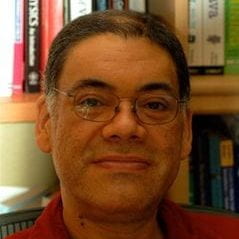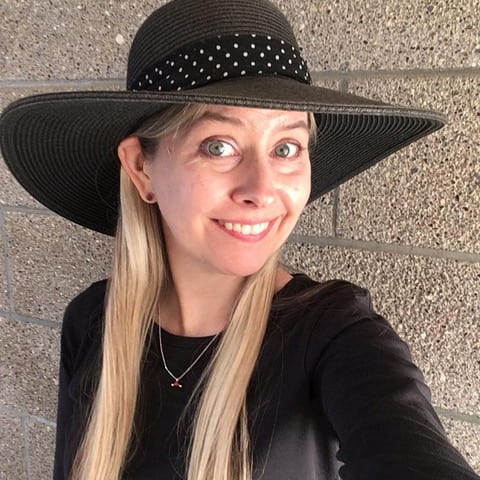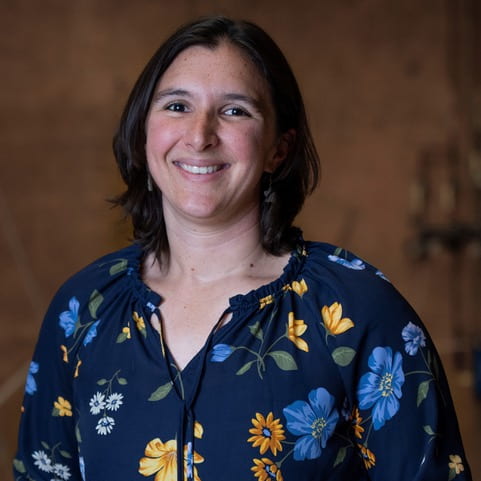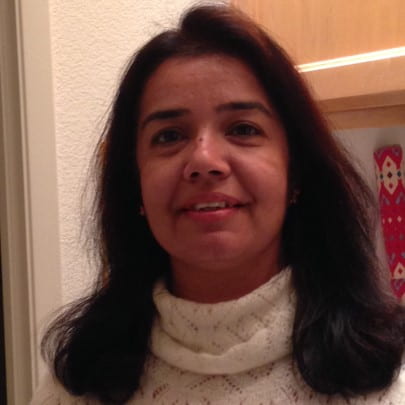Faculty Profiles – Chemistry

April 28th @ 11AM – Group 1
CHEM 5
Chemistry
Recording
Alfredo Freites
Associate Project Scientist and Lecturer
Department of Chemistry, School of Physical Sciences, UC Irvine
Alfredo Freites is an Associate Project Scientist and Lecturer in the Chemistry department at the University of California, Irvine. Since 2016, he has been involved in the design and implementation of a math methods and scientific computing course for chemistry undergraduates in which he has now incorporated specifications grading.
Implementing Specifications Grading in a Mathematics and Scientific Computing for Chemistry Course
The common math requirement for chemistry majors is one year of calculus. The gap between this requirement and key mathematical and scientific computing skills needed for upper-division courses and research is often filled by a single chemistry department course. I will discuss a specification grading implementation of such a course, in which students are presented with a set of competencies they need to achieve through specific milestones and frequent feedback on their work.

April 28th @ 11AM – Group 1
CHEM 128
Chemistry
Recording
Rachel Martin
Professor, Department of Chemistry and Molecular Biology & Biochemistry, Schools of Physical Sciences and Biological Sciences, UC Irvine
Rachel Martin is a biophysical chemist. She earned her B.S. at Arizona State University and Ph.D. at Yale University, both in chemistry, and did her postdoctoral work at UC Berkeley. She is a fellow of the American Association for the Advancement of Science and the International Society of Magnetic Resonance. Her research focus is methods development for molecular-level understanding of protein stability. Her teaching interests include building research self-efficacy and helping students learn to read current scientific literature effectively.
Implementation of Specifications Grading in Upper-Division Chemical Biology Course
This work represents the first known implementation of specifications grading to an upper-division chemical biology course. We will present how we established grading criteria, developed assignments, and handled revisions. We will also discuss our evaluation of the results of a verified survey on growth mindset and self-efficacy over the duration of the course, as well as lessons from the teaching perspective and reflection on future improvements.

Co-Presenter: Jessica Kelz, Graduate Student Researcher, UCI Chemical and Materials Physics Program, DTEI Pedagogical Fellow
Jessica Kelz is a Navy veteran, graduate student researcher in UCI’s Chemical and Materials Physics program, and DTEI pedagogical fellow. She has mentored five undergraduate researchers and contributed to the development of an active learning module in protein structure analysis for undergraduate biochemistry courses. The unifying theme of her research and teaching is increasing accessibility in biophysical techniques and STEM education.

April 29th @ 11AM – Group 8
CHEM
Chemistry
Recording
Shreeyukta Singh
Lecturer, Department of Chemistry, San Jose State University
Who finds how important it is to teach chemistry for the young generation to understand the basics of life? I completed my PhD in Chemistry from University of Rajasthan, India, and EMA Greifswald Germany. I spent most of my years in R&D and Teaching. I have traveled around the world and enjoy it very much. Gardening is my hobby and I am currently busy developing a Native Garden.
Specific Grading in Chemistry Lab
Specific grading in Organic Chemistry Lab course has improved students data and results reporting in lab reports. During the semester, specific grading was applied in 5 lab assignments. Students were more satisfied with lab assignments which were graded using specific grading. Specific grading has overall improved students’ experiment data reporting and further results. Students reported that with specific grading we know what is expected and if it’s not reported that way points will be deducted. Overall in my experience specific grading is a better communication method with students in grading systems.
.
